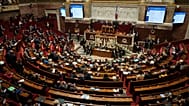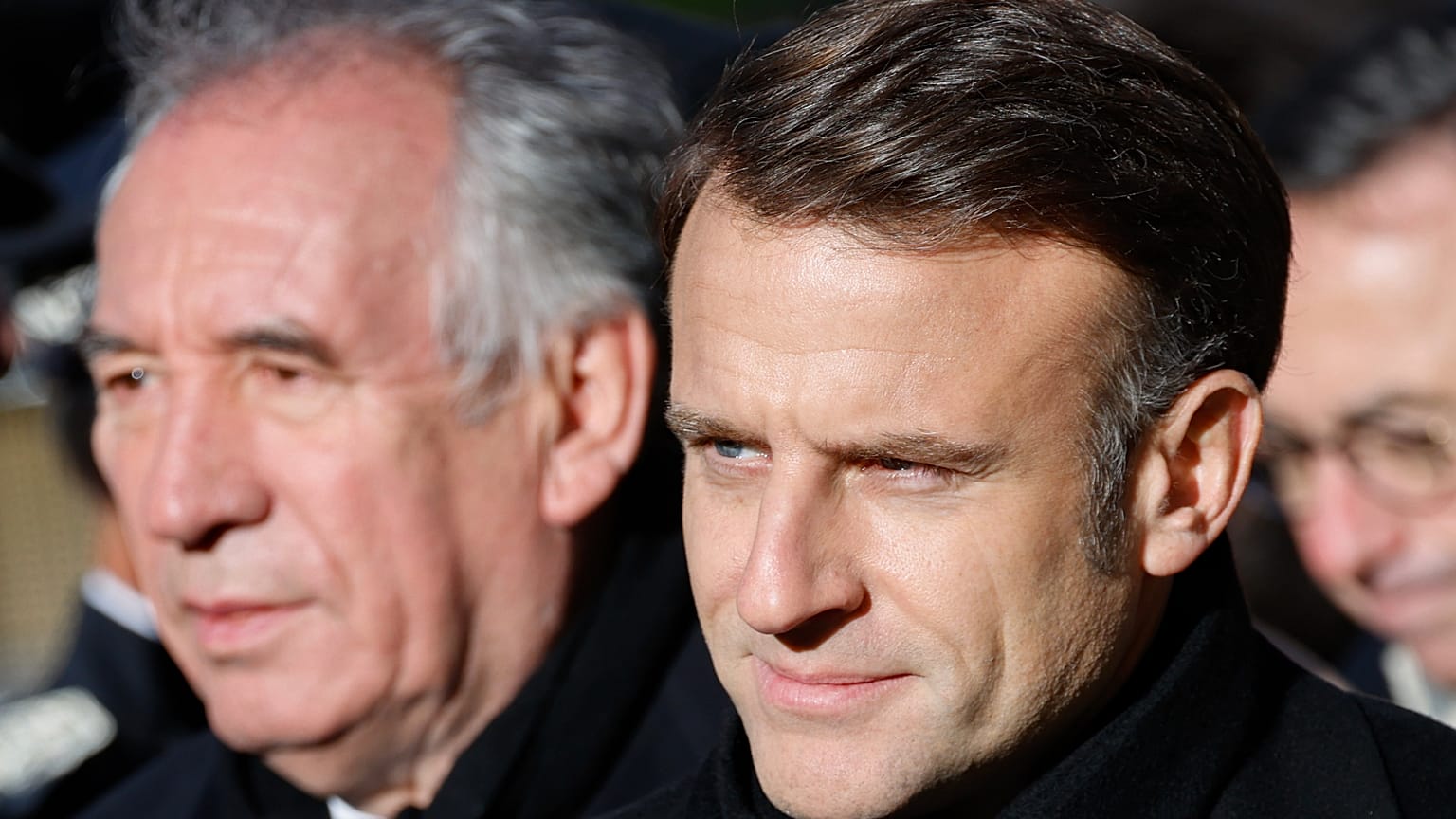France’s political paralysis is shaking the EU: chronic instability and unpopular budget cuts weaken Paris’ influence just as Italy under Meloni gains ground, pushing for key EU roles and shaping the bloc’s future while France struggles at home.
France is braced for political limbo after yet another government collapse, following Prime Minister François Bayrou loss of a confidence vote in parliament on Monday, but it threatens to weaken the country's traditional role as a key motor of the EU too.
Bayrou's fall marks the fifth change of prime minister in less than two years, underscoring the chronic instability paralysing French politics.
The immediate trigger was Bayrou’s unpopular budget plan, which sought to cut €44 billion through measures such as scrapping public holidays and freezing welfare spending. But the political crisis goes far beyond fiscal policy: it reveals a breakdown of trust between the French public and their leaders, fuelling anger that risks reshaping the political landscape ahead of the 2027 presidential race.
Europe’s balance of power shifts
The consequences extend well beyond Paris however to the EU. For decades, France prided itself on offering stability in contrast to Italy’s revolving-door governments. That comparison has now inverted. Italy under Giorgia Meloni projects steadiness, while France faces financial scrutiny and political paralysis.
France’s public debt stood at 113% of GDP in 2024, with a deficit of 5.8%. Italy, despite its higher overall debt burden, managed a deficit of just 3.4% over the same period. Both countries are under the European Commission’s “Excessive Deficit Procedure", but analysts expect Rome to make faster progress consolidating its finances than Paris.
This is also reflected in Brussels, where the traditional Franco-German partnership that steered EU policy is showing signs of strain: Germany is grappling with its own budget limits, while France is paralysed by political upheaval. Italy, by contrast, under Meloni’s leadership, is completing the processes needed to exit the EU’s excessive deficit procedure and has already begun to project influence in European affairs.
"Given France's weight in the eurozone and the European Union, this could also have consequences for the eurozone as a whole, for economic relations between the various European partners and, by extension, for France's political weight in the decisions to be taken on major issues, particularly trade issues, industrial policy and competitiveness, technological transition and climate change," said Éric Maurice, political analyst at the Brussels based think tank EPC.
President Emmanuel Macron, who appoints the prime minister, has already ruled out calling new elections or resigning. That leaves him with the delicate task of naming another head of government, with defence, justice and finance ministers mentioned as possible contenders. But with a parliament split between left, far right and centrists, any successor will most likely face the same deadlock.
Partners are increasingly questioning whether France can deliver on commitments in Brussels while its domestic politics remain gridlocked. Markets, too, are raising the stakes: long-term French borrowing costs recently hit their highest level since 2008, reflecting doubts over the government’s ability to rein in spending.
"In a few days' time, the agencies are due to issue their ratings. We'll see at that point if this makes it a little more difficult for France to finance itself. But for the moment, we are a long way from the IMF intervening, and even a long way from the European Central Bank intervening to buy up debt, as has been done in the past within the European Union," added Éric Maurice.
Rising risk of unrest
Since Macron’s failed snap election gamble in 2024, French politics has been trapped in a fragile “coalition of the losers”, leaving many voters feeling ignored despite record turnout. Public frustration is now spilling into new protest movements, with calls to “block everything” this week and unions planning strikes in health and transport.
That unrest risks reviving the spirit of the gilets jaunes protests and the resistance seen against Macron’s pension reform. Against this backdrop, the nationalist Rassemblement Nationale is steadily gaining in popularity, presenting itself as the only force able to channel popular anger.
On 10 September, a general strike is planned by groups ranging from left to right to protest against the government of Bayrou and Emmanuel Macron’s politics.
The crisis is not just about the fall of another prime minister. It exposes a deep fracture between French citizens and their political institutions, a fracture that could reshape the country’s role in Europe, while strengthening radical forces at home.















